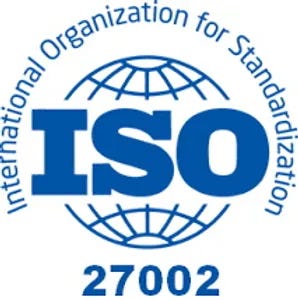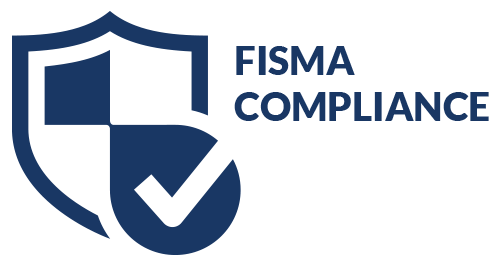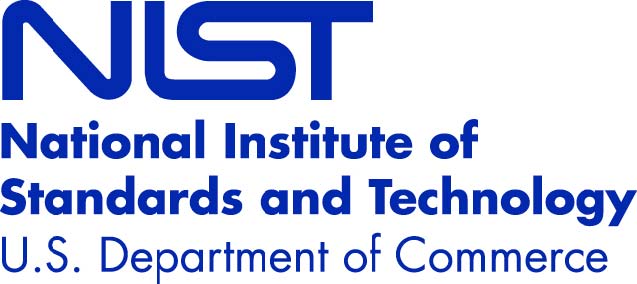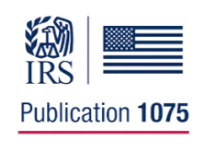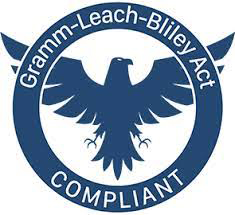Over the last few years, various regulatory associations have released rules and passed laws that impact healthcare revenue cycle management, especially with regard to collections. In an attempt to protect patients’ privacy, the Consumer Financial Protections Bureau, or CFPB, also limit providers’ options when it comes to recouping losses.
This doesn’t mean that you should give up on collecting unpaid debts. On the contrary, the more you know about these laws, the better equipped you become to improve revenue cycle management and increase revenue.

You Need an Experienced Collection Agency
Just as healthcare providers may need attorneys to help them navigate legal decisions, they also need collection agencies to advise and guide them through the collections process. It’s impossible for a practice manager or physician to learn everything he or she needs to know about the CFPB’s rulings, but it’s a collection agency’s job to know how to operate in this space.
Of course, you don’t want to pick just any collection agency. If you choose a collection agency that doesn’t have healthcare experience, you run the risk of violating HIPAA, UDAAP, and other laws that protect your patients’ privacy. You need a partner that specializes in healthcare and understands the intricacies of revenue cycle management.
When you hire a collection agency, the firm becomes an extension of your practice. Consequently, you won’t violate HIPAA’s privacy rules by bringing in an experienced firm.

Healthcare Providers Must Consider Patients’ Rights
Many of the laws that govern healthcare collections focus on consumer rights — or, in this case, patient rights and treating your patients with respect and courtesy, is of utmost importance.
For instance, the Telephone Consumer Protection Act protects collectors by classifying them as separate from telemarketers. However, it imposes certain restrictions on debt collectors — whether in-house or agency, such as only calling during certain hours.
Meanwhile, the The Federal Trade Commission (FTC)’s Fair Debt Collection Practices Act (FDCPA) “prohibits debt collectors from using abusive, unfair, or deceptive practices.” In other words, it stops collectors from lying to patients, employing abusive language, or targeting a patients unfairly. Following the FDCPA regulations means employing a debt collection agency that both specializes in healthcare and takes a patient-focused approach to collections.
All Providers Need Internal Auditing Mechanisms
One of the problems that healthcare providers frequently face is issues surrounding billing errors. Patients receive bills that the insurance company should have paid, for instance, or get duplicate bills.
Collecting healthcare receivables requires specialized knowledge of healthcare transactions, including deductibles, plan limits and other insurance items. Many patients are confused by their coverage and need a knowledgeable professional to help them resolve their account. You need experienced collectors who can balance empathy, knowledge and the ability to deliver. Sacrificing one of these elements for another can result in lost revenue or a lost patient.
Partner With an Expert
Many providers find themselves intimidated by the CFPB, FCC, and other government agencies that impact revenue cycle management. That’s why it pays to work with professionals in the debt collection industry. If you want to boost revenue generation and get some of the debt off your books, we’re here to help. Contact us to learn about our healthcare debt collection services so you can continue to operate in the black.
Want to learn more about TSI? Fill out the form and a TSI representative will contact you shortly.
